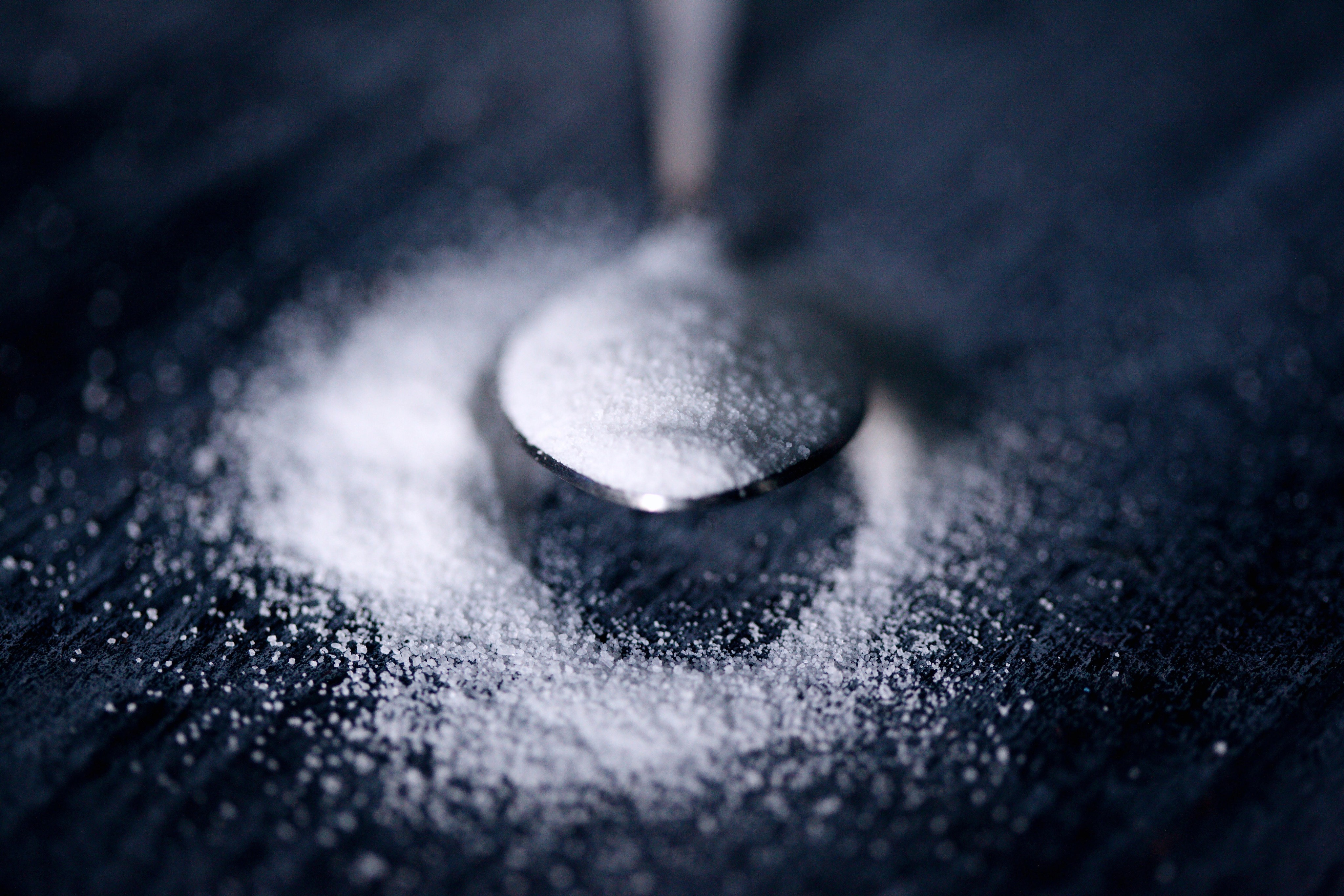understanding what sugar does to your body
How are you doing today? In these uncertain times, some days are easier than others. But one thing is for sure – it is challenging for us all even though lockdown restrictions are gradually being eased. Maybe you are trying to work from the kitchen table while keeping the little ones entertained, or temporarily off work and trying to adapt to this new way of life, or perhaps you are still distancing yourself and really missing playing in the garden with the grandkids. The lack of normal routine, feelings of worry, uncertainty and sometimes sheer boredom has many of us reaching for biscuit tin to ease that anxiety and offer a sense of comfort in these troubling times – I get it.
While our home situations may differ, I know how you are feeling and you are not the only one, many of my clients are also struggling to step away from the snacks at this time. Many of them are also noticing old aches and pains returning, as well as changes to their mood including struggles with low energy, troubled sleep, brain fog and irritability – can you relate? While those sugary snacks may offer temporary sweet enjoyment, eating them on the regular could exacerbate inflammation in the body, resulting in the worsening of many of these symptoms. By swapping out some of those refined carbohydrate treats, you can reduce inflammation and get back to feeling more like yourself again. In this article I explore how sugar is processed by the body, how too much can increase inflammation and some practical steps you can take to reduce your intake and increase your sense of wellbeing.

So, is sugar the enemy?
Not at all. In fact, glucose - the main constituent of sugar - is a major energy source for the body, it is essential for a number of cellular processes and is especially important to fuel the brain (1). However, not all sugars are created equal. Those in sugary snacks like chocolate and Haribos (!), refined carbohydrates (such as white bread and pasta) and table sugar are known as simple sugars, digest rapidly and release quickly into the bloodstream; on the other hand, complex carbohydrates, including those in wholegrains, fruits and vegetables are digested and released much slower (2).
Why is this important?
This slow release of glucose is important to avoid blood sugar and insulin spikes. Insulin is the hormone which ‘moves’ glucose into the cells of the body so it can be utilised for those important cellular processes I mentioned earlier. Our bodies like to keep blood sugar stable and this is a careful balancing act between insulin and glucagon, another sugar-balancing hormone. When the body detects too high a rise in blood sugar (such as after a meal), insulin is released to move some of that glucose out of the blood and into the cells; when a drop in blood sugar is detected, glycogen is released to free glucose from the liver where it is stored, into the blood stream – this process is completely normal and keeps our blood sugar stable and our body functionally optimally (3).
What happens when sugar is over-consumed?
I’m sure we have all experienced the ‘sugar high’ before when we have eaten one too many sweets - followed by that sharp drop in energy, mood swings and often a pounding headache – this is what happens when our blood sugar heavily fluctuates, rather than remaining stable as we want it to. If this happens over a period of time, the body becomes less sensitive to insulin signals and must produce more of it to keep blood sugar stable – this can also happen when we regularly snack on high-sugar snacks throughout the day, constantly raising glucose and insulin levels. This is a condition known as insulin resistance (4) and it upregulates the production of pro-inflammatory cytokines such as interleukin-6 and TNF-alpha – in other words, too much insulin can cause inflammation. And it is a vicious cycle – the increase in inflammation can further increase insulin resistance, making it even more difficult for the body to keep its blood sugar level stable and more pro-inflammatory chemicals are produced (5).
So, what can I do?
It is really important that our blood sugar remains stable, and we can support our bodies to do this by eating well. An easy way is to limit free sugars; these are sugars added to food (such as table sugar or syrups) - adults should be consuming no more than 30g (or 7 teaspoons) a day (6). This will be listed on food labels as ‘of which sugars’. Fibre is essential for slowing the release of sugar, so when making a snack, choose complex carbohydrates that are high in fibre such as wholegrains, fruits and vegetables – for some great snack ideas click here. Finally, if you are really craving something sweet, try and eat it with a meal or soon after, as this will help slow the digestion and avoid that blood sugar spike. For more tips on living well during lockdown, keep an eye out for my next post.
Ludwig, D.S., Hu, F.B., Tappy, L., Brand-Miller, J. 2018. Dietary carbohydrates: role of quality and quantity in chronic disease. BMJ, 361, ek2340
Giacco, R., Costabile, G., Riccardi, G. 2016. Metabolic effects of dietary carbohydrates: The importance of food digestion. Food Research International, 88 (B), 336-341
Roder, P.V., Wu, B., Liu, Y., Han, W. 2016. Pancreatic regulation of glucose homeostasis. Experimental & Molecular Medicine, 48, e219
Petersen, M.C., Shulman, G.I. 2018. Mechanisms of insulin action and insulin resistance. Physiological Reviews, 98 (4), 2133-2223
Rehman, K., Akash, M.S.H. 2016. Mechanisms of inflammatory responses and development of insulin resistance: how are they interlinked? Journal of Biomedical Science, 23, e87
Swan, G.E., Powell, N.A., Knowles, B.L., Bush, M.T., Levy, L.L. 2018. A definition of free sugars for the UK. Public Health Nutrition, 21 (9), 1636-1638

